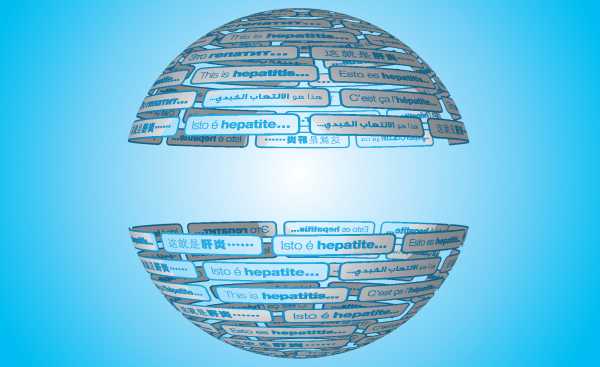VIRAL HEPATITIS World’s leading killer disease
Health experts warn that viral hepatitis has become one of the leading causes of death in the world. The disease is characterised by inflammation of the liver caused by the


Health experts warn that viral hepatitis has become one of the leading causes of death in the world. The disease is characterised by inflammation of the liver caused by the hepatitis virus with the inflammation starting suddenly and lasting only for a few weeks.
A research released by Imperial College London and the University of Washington a few months ago showed that viral hepatitis has become a leading cause of death worldwide with death toll that matches AIDS and tuberculosis. The report estimates hepatitis infections and their complications led to 1.5 million deaths in 2013 – this is despite the existence of vaccines and treatments. This confirms the report that the disease is killing more people than AIDS, which according to World Health Organization (WHO), killed 1.2 million people in 2014 while tuberculosis was responsible for 1.5 million deaths in the same year.
The term hepatitis refers to swelling of the liver. Although there are various causes of hepatitis such as viral, bacterial, fungal and parasitic organisms, the one caused by virus (viral hepatitis) is the most common type. There are three major types of viral hepatitis and they include viral hepatitis A, B and C. We also have type D and E, which are very rare.
Viral hepatitis affects millions of people worldwide, causing acute and chronic liver disease and killing close to 1.4 million people every year, mostly from hepatitis B and C. History has it that hepatitis was first discovered after World War II with its discovery being associated with revolution in medicine and public health.
Causes of viral hepatitis
As far as hepatitis A is concerned, one can get it by drinking water or eating food contaminated with feaces from an infected person. In addition, you can get this type of hepatitis by eating food prepared by a person with the virus who didn’t wash his or her hands after visiting the bathroom.
In the case of hepatitis B, you can get it if you come into contact with an infected person’s blood, semen and other fluids during intercourse, and needles from drug use.
The symptoms range from mild flu to fatal liver failure. In some cases, infected people don’t show any infection signs while those who exhibit it complain of headache, muscle aches, tiredness, loss of appetite, nausea, vomiting, diarrhoea, stomach pain and low grade fever, among others.
Treating viral hepatitis
Globally, many people who need treatment for hepatitis do not receive it. This is largely due to lack of awareness and poor access to hepatitis treatment services. According to WHO, over 90 per cent of people with hepatitis C can be completely cured of the virus within three to six months. Appropriate treatment of hepatitis B and C can prevent the development of major life-threatening complications of chronic liver disease.
Treatment of acute viral hepatitis and chronic viral hepatitis are different. Treating acute viral hepatitis involves resting, relieving symptoms and maintaining adequate intake of fluids while treating of chronic viral hepatitis involves medications to eradicate the virus and taking measures to prevent further liver damage.
Patients with acute hepatitis A usually require only supportive care with no restrictions in diet or activity. Hospitalisation may be necessary for patients who become dehydrated because of nausea and vomiting and is critical for patients with signs of acute liver failure. Medications that might cause liver damage or are metabolised by the liver should be used with caution among persons with hepatitis A. It takes 12 weeks to a year for a body to get rid of the hepatitis virus.
The sure-fire way of preventing viral hepatitis is through vaccination as it is an effective means of preventing hepatitis transmission among people at risk of infection. In addition, it is advisable to always wash one’s hands with warm, soapy water after using the toilet or changing diapers and before fixing food or eating. Also, avoid drinking untreated water.
Expert Advice…
What you need to know about viral hepatitis:
Anyone can get it
A blood test can show whether you have it
You can avoid getting it by receiving a vaccine
A baby cannot get hepatitis A from breast milk
Children younger than six years may have no symptoms
See your doctor right way if you think you have been in contact with somebody with the virus.
Published in August 2016





